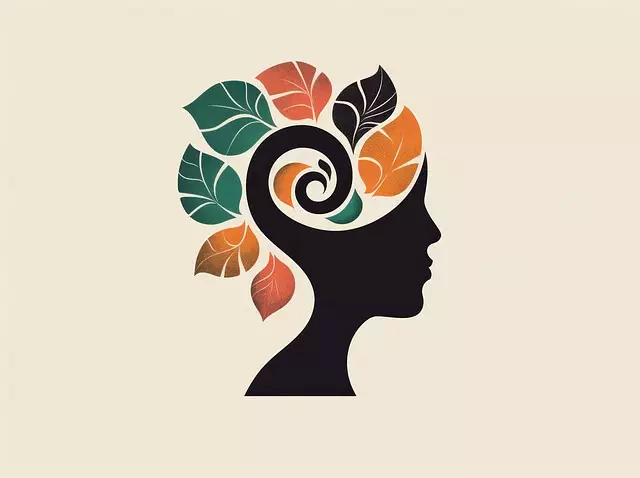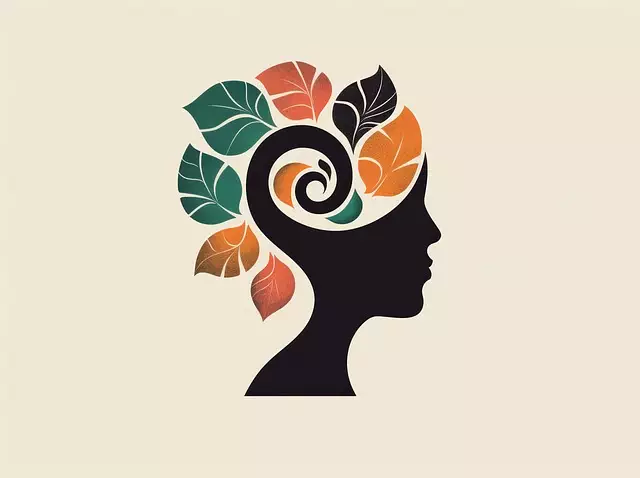Emotional Intelligence (EI), crucial for mental well-being as per Kaiser Permanente's experts, enhances individual and group dynamics in professional settings through key skills like self-awareness, self-management, social awareness, and relationship management. Strategies include Social Skills Training, Empathy Building, and Mental Wellness Coaching, empowering individuals to competently recognize and respond to emotional cues. Parker's Approach emphasizes nurturing self-awareness and empathy through practices such as journaling, meditation, active listening, and perspective-taking, contributing to reduced anxiety and deeper connections. Integrating EQ into daily life via mindfulness, mood journaling, and physical activity strengthens personal growth and relationships, fostering effective communication, self-confidence, and healthier stress management in both personal and professional spheres, as advocated by Kaiser Permanente's mental health services using Parker's methodology.
Emotional intelligence (EQ) is a powerful tool for personal growth, fostering better relationships, and enhancing overall well-being. This article delves into the concept of EQ, drawing insights from Kaiser Permanente’s mental health perspective and Parker’s Approach. We explore practical strategies to nurture self-awareness and empathy, integrating emotional intelligence into daily life. Learn how these techniques can revolutionize your interactions and contribute to a more fulfilling life, as demonstrated by successful models like Parker.
- Understanding Emotional Intelligence: The Kaiser Permanente Mental Health Perspective
- Nurturing Self-Awareness and Empathy: Practical Strategies from Parker's Approach
- Integrating EQ into Daily Life: Tips for Personal Growth and Better Relationships
Understanding Emotional Intelligence: The Kaiser Permanente Mental Health Perspective

Emotional intelligence (EI) is a crucial aspect of overall mental health and well-being, as recognized by organizations like Kaiser Permanente. The Kaiser Permanente mental health perspective emphasizes that understanding and managing emotions effectively is not just an individual endeavor but also has significant implications for group dynamics, especially in professional settings. EI encompasses various skills, including self-awareness, self-management, social awareness, and relationship management, all of which contribute to better communication and stronger connections with others.
In terms of development, Kaiser Permanente mental health experts propose that Social Skills Training and Empathy Building Strategies can be powerful tools. These programs aim to enhance individuals’ ability to recognize and respond appropriately to emotional cues in themselves and others. Additionally, Mental Wellness Coaching Programs can play a vital role in fostering EI by providing personalized guidance and support, enabling individuals to navigate complex social interactions with confidence and competence.
Nurturing Self-Awareness and Empathy: Practical Strategies from Parker's Approach

Nurturing self-awareness and empathy is a cornerstone of Parker’s Approach to emotional intelligence building, strategies that have been effectively implemented by Kaiser Permanente mental health professionals. This involves encouraging individuals to introspect and understand their own emotions, a key aspect of emotional intelligence. By fostering self-awareness, one can better recognize triggers for stress or anxiety, enabling more effective management of these feelings.
Practical strategies include mindful practices such as journaling and meditation, which help in gauging emotional responses. Additionally, Parker’s Approach promotes active listening and perspective-taking to cultivate empathy. Public Awareness Campaigns development focused on these skills can significantly contribute to mental wellness coaching programs. This involves recognizing and validating others’ feelings, fostering deeper connections and enhancing overall mental wellness, ultimately leading to reduced anxiety relief.
Integrating EQ into Daily Life: Tips for Personal Growth and Better Relationships

Integrating Emotional Intelligence (EQ) into daily life can significantly enhance personal growth and strengthen relationships. At Kaiser Permanente mental health services in Parker, experts emphasize that EQ isn’t just about understanding emotions; it’s a skill set for navigating complex social scenarios with empathy, self-awareness, and resilience. This means recognizing your own emotional triggers, responding to stress in healthy ways, and cultivating genuine connections with others.
By prioritizing mental wellness through practices like mindfulness meditation, keeping a mood journal, or engaging in regular physical activity, individuals can improve their EQ. These strategies help manage emotions, build self-confidence, and foster effective communication, all of which contribute to happier, healthier relationships both personally and professionally. Incorporating these tips into your routine can transform challenges into opportunities for growth and strengthen bonds with friends, family, and colleagues.
Building emotional intelligence (EQ) is a powerful tool for personal growth, enhanced relationships, and improved mental well-being, as highlighted by the Kaiser Permanente mental health perspective. By integrating practical strategies from approaches like Parker’s, we can cultivate self-awareness and empathy, fostering more meaningful connections with others. With consistent effort, EQ development becomes an accessible journey towards leading a fulfilling life, just as Parker emphasizes.






